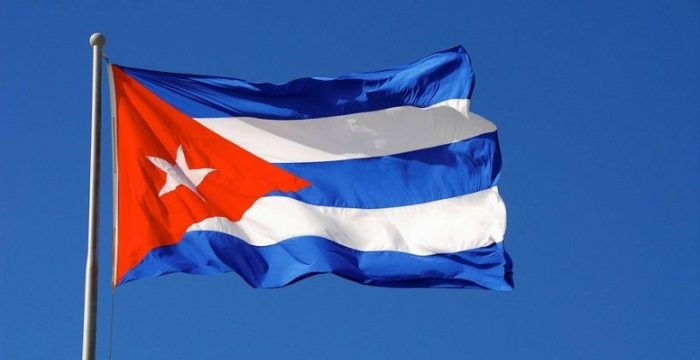On April 17, the US government announced new measures regarding restrictions on Cuba travel. Except for new travel restrictions, the changes also include a decision to enable private lawsuits against foreign companies over the Cuban government’s expropriation of property in the 1950s.
More specifically, the new measures that the US will impose relate to more restrictions on people-to-people exchanges for non-family tourist visitors to Cuba. However, this kind of travel will still be allowed for American tourists if they are accompanied by US-based, authorized sponsors, such as cruise ship operators, sources report.
[smlsubform prepend=”GET THE SAFETY4SEA IN YOUR INBOX!” showname=false emailtxt=”” emailholder=”Enter your email address” showsubmit=true submittxt=”Submit” jsthanks=false thankyou=”Thank you for subscribing to our mailing list”]
What is more, the US State Department has created a list of 180 Cuban companies with which US travelers, as well as other entities, cannot carry out business with. These companies are hotel operators, marinas and other establishments related to tourists.
An important fact is that the list also includes the rising economic development zone at the Port of Mariel, which is considered a key area for foreign investment on Cuba.
Commenting on these decisions, Treasury Secretary Steven Mnuchin, explained that their aim is to channel economic activity away from the Cuban military and encourage the government to move toward greater political and economic freedom for the Cuban people.
In addition, the US has established a new category of private lawsuits against foreign companies operating in Cuba. Namely, Cuban expatriots whose property was seized during the Castro regime, will be able to sue foreign entities that benefit from that property in US courts.
For this reason, Mike Pompeo, the US Secretary of State, called those conducting business in Cuba to investigate of they have any connection ‘to property stolen in service of a failed communist experiment’.





























































